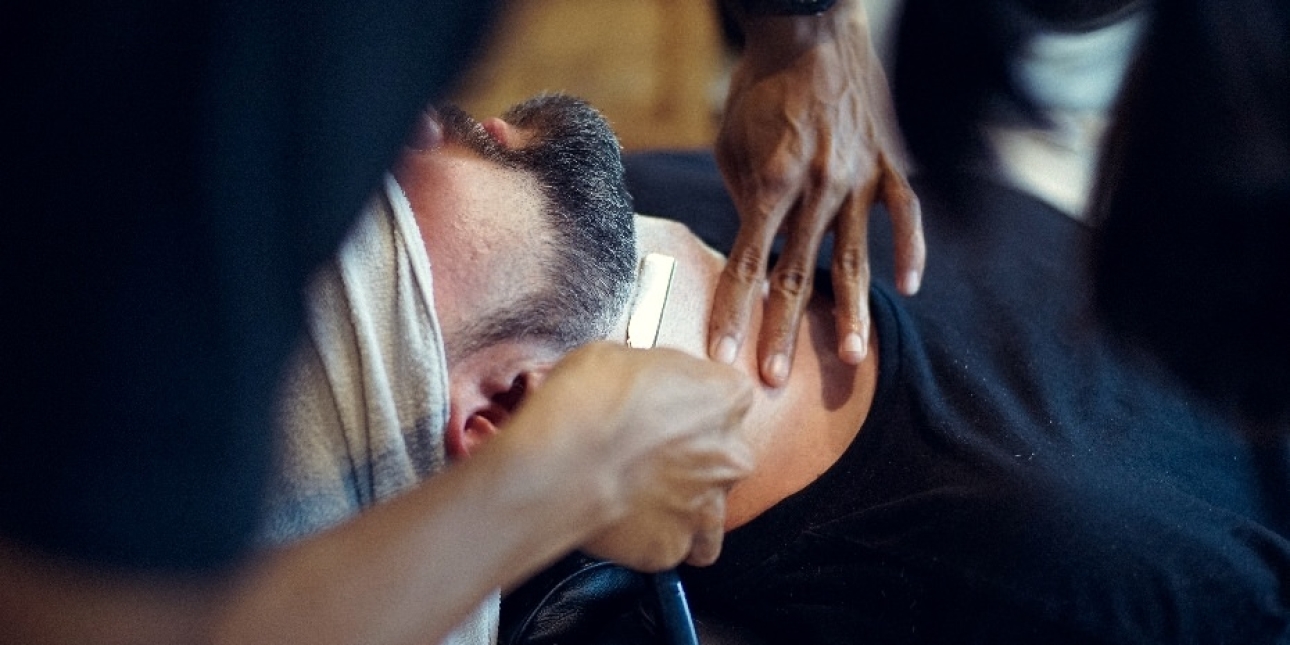PUBLIC RELATIONS
Tuesday 22nd January 2019
When toxic masculinity can shave years off your life, Gillette’s advert is long overdue
Gillette’s latest advert doesn’t really need much introduction, given the buzz and outrage on the social and news channels at the moment. As I see it, there are (at least) two ways to look at it: as a communicator, i.e. whether it is an effective way of marketing the brand, and secondly as someone who is a) male and b) well within the target audience of Gillette’s products, whether it conveys an effective, necessary and positive message to me as a consumer.
They’re interrelated, of course. As a communicator, I wouldn’t be the first to point out the similarities to Nike’s recent advert using Colin Kaepernick, who famously knelt during the national anthem at a pre-season NFL game, in protest to racial injustice. These campaigns are particularly interesting because they are genuinely controversial – there is no question that in the short term, Nike lost customers. People burnt their Nike trainers in response to the ads. But in the longer term, Nike saw a 5% stock increase to the value of $6bn in the month after the ad alone – and in fact, sales soared 31% over the Labor Day weekend.
Gillette’s approach is broadly similar – and the backlash on social channels has been enormous; at one stage, dislikes outnumbered likes of the video 10:1. But as a means of getting attention, it has worked – this, and the myriad of other blogs, tweets and articles around today are testament to that.
Clearly, short term sales amongst men may drop – but it’ll be interesting to see whether they rise amongst women! And as a marketer – especially for a brand as well-established as Gillette – staying relevant is a challenge. I’m not an FMCG marketer but I can imagine that product marketing for a shaving brand must be tough; at the risk of sounding flippant, there’s only so many more blades and lubricating strips you can put on a razor! What Gillette has done in terms of staying relevant in terms of today’s issues and news agency is incredibly savvy – and to go a step further – brave.
I have seen quite a lot of respondents questioning the ‘commercial exploitation’ of this far-reaching social issue. Why should a brand, trying to sell, influence social issues like this? Isn’t it suspect and in some ways similar to the abundant sponsorship and ad campaigns around Pride each year? Doesn’t it weaken the authenticity of the message because it has a commercial message underlying it?
My thoughts on this are fairly concise: we know it’s commercial, but who else is going to do it? Surely, it’s better to say and do something, even if you have another agenda. This does start to converge into the second part of the discussion, around how the message is received by its target audience. And without standing on the soap box too much, it’s painfully obvious that this is an issue that needs tackling; there are so many elements of masculinity that are toxic, harmful and frankly ridiculous.
It has a crazily broad impact – as we learnt from the #metoo movement, pretty much every single woman on the planet has been negatively affected by toxic masculinity; 20% of women in the UK report sexual assault compared to just 4% of men. NB. I wasn’t able to find statistics on who commits these crimes, but in the US, 98.9% of rape is committed by men and I think it’s a safe assumption that the UK is similar. And this toxic masculinity isn’t vastly healthy for men either. For example, three quarters of suicides in the UK are male and life expectancy for men is still three years lower than women – much of which can be apportioned to issues of ‘what it means to be a man’.
We could talk about this all day, but here’s my ‘Sharp view’: as a communications campaign, I think it’s a smart, savvy move by a brand taking a strategic stance on a very contemporary issue. As a social movement it’s long overdue. More please.
Read Original Post
Photo by Christoffer Engström on Unsplash
